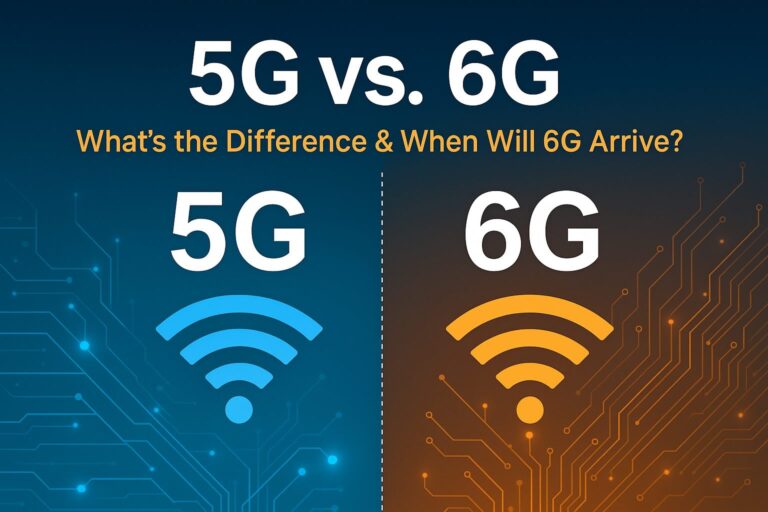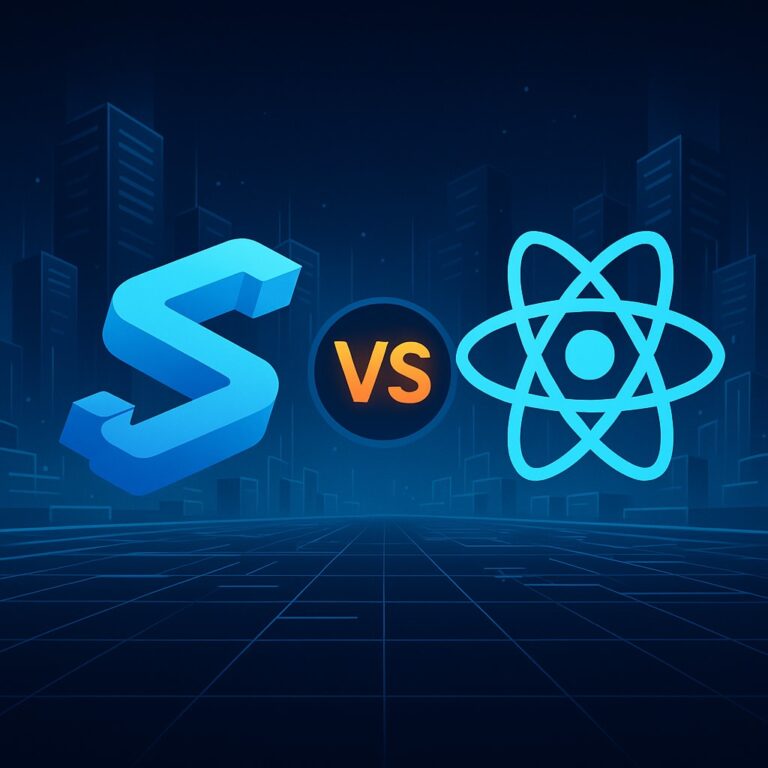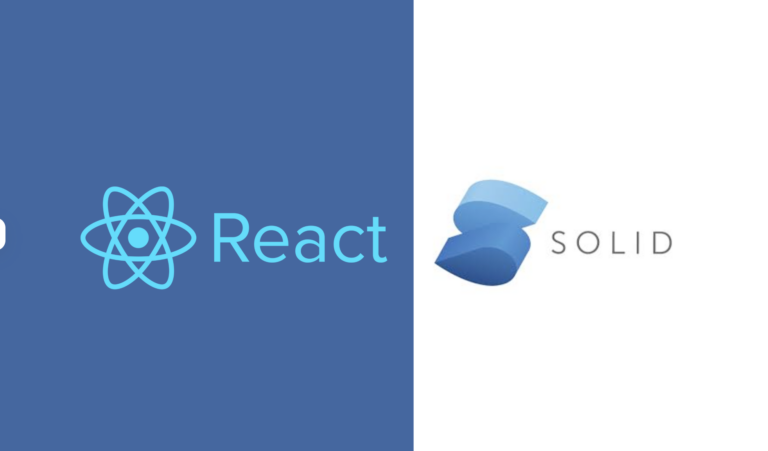In the age of digital transformation, smart contracts have emerged as a groundbreaking innovation, transforming how agreements are made and executed. These self-executing contracts, with terms directly written into code, offer unprecedented security, efficiency, and trust. This article delves into the intricacies of smart contracts, exploring their functionality, benefits, applications, and the challenges they present.
What Are Smart Contracts?
A smart contract is a self-executing contract where the terms of the agreement are directly written into lines of code. These contracts are stored on a blockchain, a decentralized and immutable ledger, which ensures that the contract’s execution is automatic and transparent.
Key Characteristics of Smart Contracts:
- Automation: Once the predefined conditions are met, the contract executes automatically without the need for intermediaries.
- Immutability: Once deployed on the blockchain, the contract code cannot be altered, ensuring trust and security.
- Transparency: All transactions and contract terms are visible to all participants on the blockchain, promoting transparency.
- Decentralization: Smart contracts operate on a decentralized network, reducing the risk of central authority failures or manipulations.
How Do Smart Contracts Work?
Smart contracts operate on blockchain platforms such as Ethereum, which support programmable scripts. The process involves several steps:
- Contract Creation: Developers write the contract code, specifying the conditions under which the contract will execute.
- Deployment: The smart contract is deployed to a blockchain, where it receives a unique address.
- Execution: When the predefined conditions are met (e.g., receipt of funds, delivery of goods), the contract executes automatically, performing the agreed-upon actions.
- Verification: Blockchain nodes validate the contract execution, ensuring that the terms are fulfilled correctly.
- Recording: The transaction is recorded on the blockchain, providing a permanent and tamper-proof record.
Benefits of Smart Contracts
1. Efficiency and Speed
Smart contracts automate processes that traditionally require manual intervention, reducing the time needed to complete transactions. This automation minimizes delays associated with paperwork and human errors.
2. Cost Reduction
By eliminating intermediaries such as lawyers, brokers, or escrow services, smart contracts reduce the costs associated with contract execution. This cost efficiency is particularly beneficial in industries like finance and real estate, where transaction fees can be substantial.
3. Security and Trust
Smart contracts are stored on a blockchain, which uses cryptographic methods to secure data. The immutability and transparency of the blockchain ensure that once a contract is executed, it cannot be altered or tampered with, enhancing trust among parties.
4. Transparency and Accuracy
Since smart contract terms and conditions are encoded on the blockchain, all parties can see the contract’s status and history. This transparency reduces disputes and ensures that all parties have the same information.
Applications of Smart Contracts
1. Finance and Banking
Smart contracts are revolutionizing the finance sector by enabling automated and secure financial transactions. Applications include:
- Decentralized Finance (DeFi): Platforms that provide financial services like lending, borrowing, and trading without intermediaries.
- Insurance: Automated claims processing and payouts based on predefined conditions, reducing the need for manual verification.
2. Real Estate
In real estate, smart contracts streamline property transactions by automating processes such as title transfers and escrow services. This reduces paperwork, speeds up transactions, and lowers costs.
3. Supply Chain Management
Smart contracts enhance supply chain transparency and efficiency by:
- Tracking Goods: Automating the tracking of goods from production to delivery, ensuring authenticity and reducing fraud.
- Payments: Triggering automatic payments upon delivery of goods, improving cash flow management.
4. Legal Industry
Smart contracts are transforming the legal industry by automating the execution of legal agreements such as wills, trusts, and contracts. This reduces the need for legal intermediaries and speeds up the enforcement of legal terms.
5. Healthcare
In healthcare, smart contracts manage patient data, streamline billing processes, and ensure the secure sharing of medical records among providers, enhancing data privacy and interoperability.
Challenges and Limitations
Despite their potential, smart contracts face several challenges:
1. Complexity and Bugs
Writing error-free code for smart contracts is challenging. Bugs or vulnerabilities in the code can lead to unintended consequences, including financial losses. High-profile incidents like the DAO hack on the Ethereum blockchain highlight the risks associated with flawed code.
2. Legal Recognition and Enforcement
The legal status of smart contracts varies across jurisdictions. While some regions recognize their validity, others lack clear regulatory frameworks. This uncertainty can pose challenges in the event of disputes or enforcement.
3. Scalability
Blockchain networks, especially those using proof-of-work consensus mechanisms, face scalability issues. As the number of smart contracts and transactions increases, network congestion can slow down processing times and increase transaction costs.
4. Security Risks
While blockchain technology provides robust security, smart contracts are still vulnerable to attacks. Hackers can exploit vulnerabilities in the contract code or the underlying blockchain network, posing significant security risks.
5. User Adoption
Widespread adoption of smart contracts requires significant changes in existing systems and processes. Many organizations are hesitant to transition to blockchain-based solutions due to the perceived complexity and initial setup costs.
Conclusion
Smart contracts represent a transformative innovation with the potential to revolutionize various industries by automating and securing transactions. Their ability to execute agreements without intermediaries, combined with the transparency and immutability of blockchain technology, offers unprecedented advantages in terms of efficiency, cost reduction, and trust.
However, the development and deployment of smart contracts must address challenges related to complexity, legal recognition, scalability, and security. As the technology matures and regulatory frameworks evolve, smart contracts are likely to become integral to the digital economy, reshaping how agreements are made and executed in the future.












